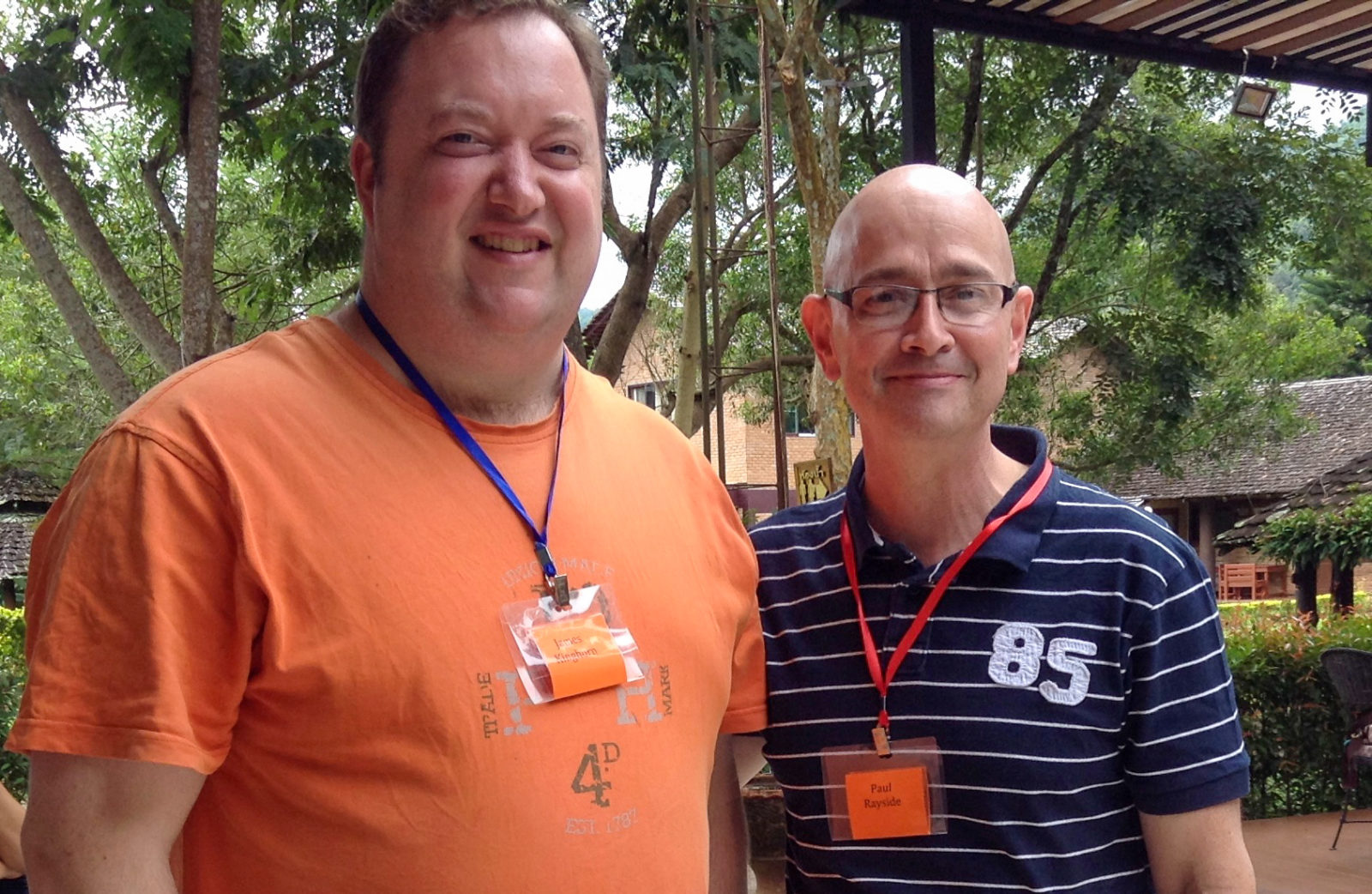Helping our Members Thrive
10 May 2021
Ten months into our first term of cross-cultural ministry we felt the need for a break. We had hit the ground running as we engaged life in our new city. Setting up home, learning how to shop for food, helping kids adjust to the whirlwind of change, learning a new language and very different culture. This notoriously difficult language for English speakers had an odd-looking script and five tones. For this somewhat tone-deaf learner, oh boy, was it a challenge! The same looking word could have five different meanings. I could be addressing a mother and yet she would hear me calling her a ghost. Or more frequently just looking at me dumbfounded with this look of “this foreigner is making sounds that don’t compute”. My brain would be so filled it was like a lead shield would go up and nothing more could get in. So, off we went for a beach holiday, hoping for a time to decompress and recharge. But little of that scenario fitted our experiences of a beach holiday as I held my kids’ hands entering the sea, wading through the rubbish that included dead rodents and even some unmentionable stuff. I had experienced many challenges prior to this, but I was at the end of things. No more! I complained to the Lord, “I hate this place! Nothing is keeping me here. The only thing I have is that You called me to this and I’m only staying to be obedient”.
Variations of this story are not uncommon to our Member Care and Development team. We too have experienced the challenge of walking as missionaries and empathise with those we serve. What motivates our team and what do we value as we seek to help our members thrive in their work?

A missionary’s journey has unique challenges compared to life and ministry in one’s home culture. Researchers say that as many as 80% of missionaries have experienced “traumatic distress”, defined as anything that overwhelms normal coping capacity. A commonly used stress scale, the Holmes-Rahe Scale, rates a score of 200-300 points as a serious problem for people in their own culture, causing people to be hospitalised with severe illnesses. First term cross-cultural workers average a score of 600, peaking to 900 and beyond.[1]

Most of the places our members serve have few if any people who know the Lord and can share the message of the gospel. That’s why our members are there! To serve people who experience all sorts of temporal trials and face the prospect of eternity separated from God. We know the Lord has paid the price to change all this; to bring hope, transformation and eternal security. This truth drives us; ‘For the wages of sin is death, but the free gift of God is eternal life through Christ Jesus our Lord’ (Romans 6:23).
The Word of God, our experience and convictions, and the findings of extensive multi-agency research, has led us to the following values as we serve…
We identify wholeheartedly with the unique challenges faced by our members serving cross-culturally. In all our relationships, we endeavour to cultivate an atmosphere of mutual acceptance and respect which encourages each of us to attain our full potential in Christ.
We are flexible in our practices in order to keep the needs of our members at the core, while being considerate of other stakeholders.
We shepherd our members in a pastoral care and discipleship posture rather than a personnel management paradigm.
Unreached Peoples are unreached because they are hard to reach. Therefore, we take well considered risks with people we mobilise and the settings in which they serve.
What a privilege to be contributing to the expansion of God’s Kingdom through serving our precious people through pastoral care in collaboration with their sending churches.
– Paul Rayside, Member Care and Development Team Leader.
Is God calling you to join the mission field? Get in touch.
[1] (Heartstream ministries ) Stressed from Core to Cosmos Issues and Needs Arising from “Cross Cultural Ministry”.
